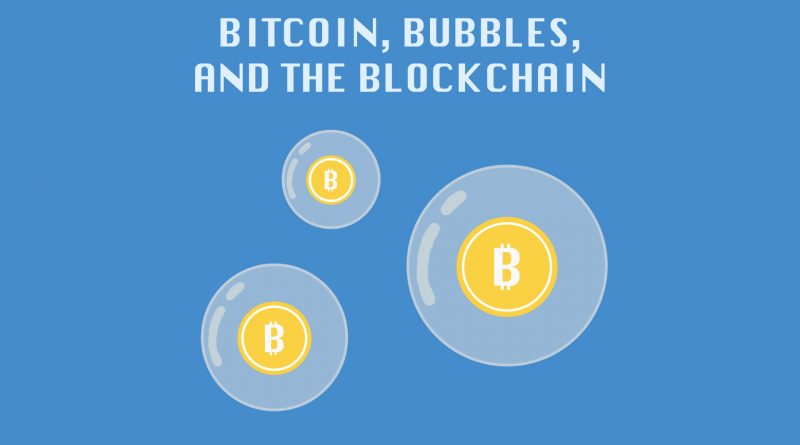BBB: The Winklevoss Twins
Welcome to Bitcoin, Bubbles, and the Blockchain. This is a weekly column focused on the world of cryptocurrencies, and the future of digital capitalism.
_________________________________________________________________________________________________________________
By: Claire Halloran

As Facebook users worldwide watched founder Mark Zuckerberg testify before Congress this week, social media was exploding with live tweets, memes, and reflections on Zuckerberg’s history with legal trouble. In 2010, the world was glued to the television with the release of The Social Network, which focused on the founding of Facebook, and Zuckerberg’s lawsuit over the creative ownership of the now multi-billion dollar company, which was filed by the Winklevoss twins. Amongst the meme’s, a valid question was posed: where are the Winklevoss twins now?
The answer is: sitting at the number four spot on Forbes’ Crypto Rich List. The twins, Tyler and Cameron Winklevoss, found significant success in the world of digital assets after their case against Zuckerberg settled a decade ago.
In 2012, the brothers founded Winklevoss Capital Management, and were early adopters in bitcoin, and currently own about 1% of all bitcoins in circulation. In 2015, they immersed themselves further in the cryptosphere when they announced the launch of Gemini, their brand new digital asset exchange, making it the world’s first licensed ether exchange.
On April 12, Gemini launched their most recent improvement. The exchange now offers block trading, which enables Gemini customers to buy and sell large quantities of digital assets. The minimum trade at Gemini will be 10 Bitcoin (BTC) and 100 Ethereum (ETH), and all trade information will be published on Gemini’s market data feeds 10 minutes after the transactions are executed.
In a press release from April 9, Gemini explains that a customer can place an order that specifies, “(i) buy or sell, (ii) quantity, (iii) minimum required fill quantity, (iv) and a price limit (the “Indication of Interest”). Market makers only receive quantity, minimum quantity, and the collar price — they do not receive any other information (i.e., side, price limit, etc.) related to the block order.”

Last month, the twins made headlines in the cryptosphere when they proposed a self-regulation entity, Virtual Commodity Association, to regulate the ever growing industry of digital assets. According to the proposal, the VCA “(i) will be a non-profit, independent regulatory organization that does not operate any markets, (ii) will not be a trade association, (iii) will not provide regulatory programs for security tokens or security token platforms, and (iv) will be in compliance with global standards and best practices for SROs.”
They hope that the VCA could help foster a secure, responsible market that deters fraud. To accomplish this, firms who were interested in joining the VCA would have to sign an agreement to follow a set of “sound practices” outlined in the proposal.
_________________________________________________________________________________________________________________
Thanks for checking out Bitcoin, Bubbles, and the Blockchain. Check back weekly for the latest news on the world of cryptocurrencies and digital capitalism.
Disclaimer: Investing in cryptocurrencies and other Initial Coin Offerings (“ICOs”) is highly risky and speculative, and this article is not a recommendation by the writer to invest in cryptocurrencies or other ICOs. Since each individual’s situation is unique, a qualified professional should always be consulted before making any financial decisions. Claire Halloran is, or has recently been, a minor investor in cryptocurrency.



